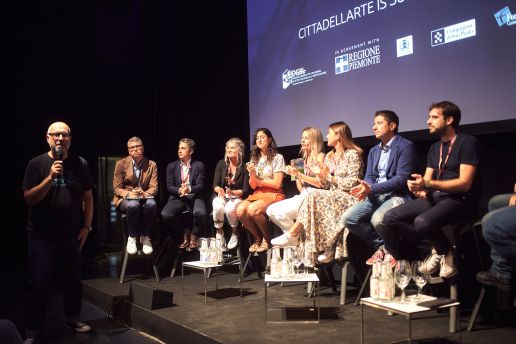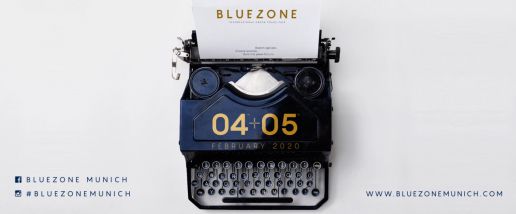
Transparency, environmentally friendly production and innovative textiles: The denim industry faces new challenges – standing together as an optimistic and strong, international blue community at BLUEZONE.
With over 100 major international brands, BLUEZONE has positioned itself as the initiator of an outstandingly strong and innovative denim community. Answering to new conscious consumerism behaviour and a growing interest for ready-made solutions, offering future oriented products, state-of-the-art manufacturing processes and complex technology solutions.
Reject egoism. Create ECOISM. Rewrite your future
BLUEZONE stands for a call for togetherness and collaboration for the good of our planet. With our ECOISM movement, we as a blue community are highlighting the upheavals in the industry and solutions related to climate change. These and other critical themes unique to the denim market will be tackled in depth across numerous lectures and international panel discussions taking place at the long table in the centre of BLUEZONE, encouraging direct exchanges and exclusive dialogue.
“In a world that is struggling with overproduction, we believe that “less is more, when less is better”.
And there is no better way to express this way of thinking than to follow ECOISM and collaborate with like-minded people and brands in order to
get the message across: Today, fashion CAN already be produced and consumed responsibly.
Hence our motto: Act now! While everyone else is still talking.”
Simon Giuliani, Global Marketing Director Candiani Denim
“To us, ECOISM means that we should all be part of an extensive network, in which each of us should contribute equal consciousness.
Good practices are not sufficient enough to serve as the decisive solutions to our urgent problems.
A harmonious connection between all players and stakeholders is the current global mission.”
Andrea Venier, Managing Director Officina+39-Italy
BLUEZONE HIGHLIGHTS
HARDWEAR: THE SUSTAINABLE DENIM WARDROBE COLLAB PROJECT. This unique collaborative project between TENCEL™ X JEANOLOGIA® X ENDRIME® made at Blackhorse Lane Ateliers focused on creating a truly sustainable workwear wardrobe. The brief was to design an authentic denim collection, inspired by vintage garments from the ENDRIME® archive, using only the latest commercial TENCEL™ Lyocell fabrics, complimented by the application of the latest laundry technologies from Jeanologia®. The Hardwear project, as well as how collaboration will bring denim into the next decade will be discussed by the initiators Carme Santacruz, Mohsin Sajid, Sadia Rafique and Tricia Carey on Tuesday, 4th of February 2020 from 5.15pm – 6pm.
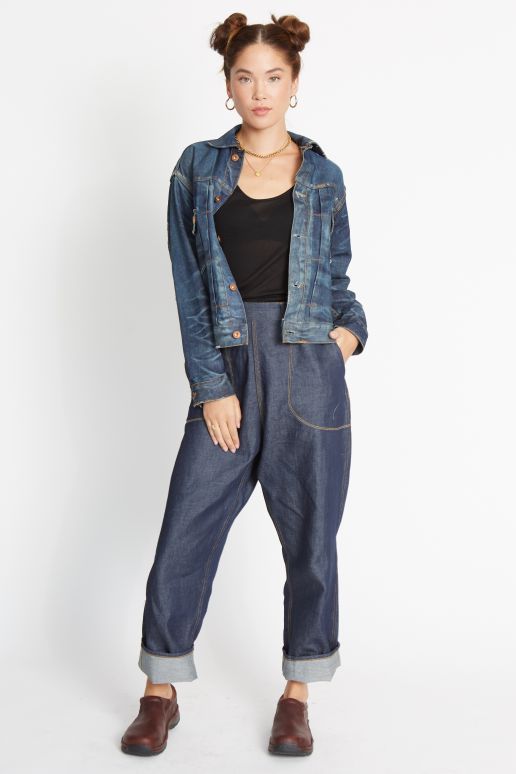
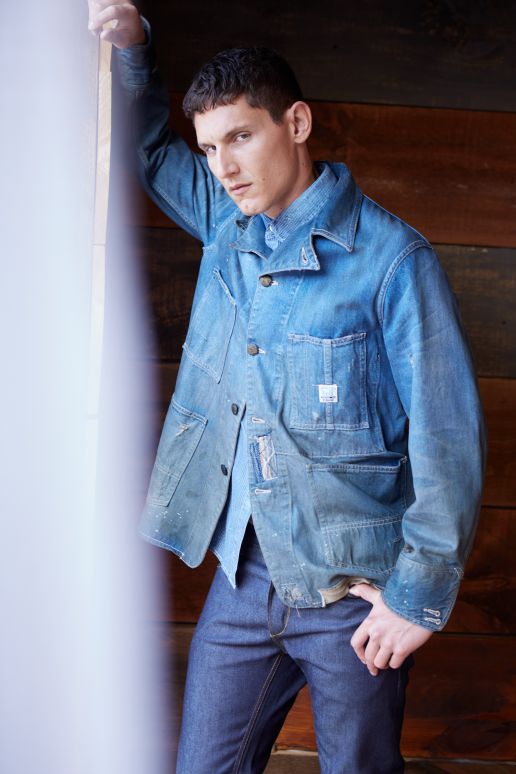
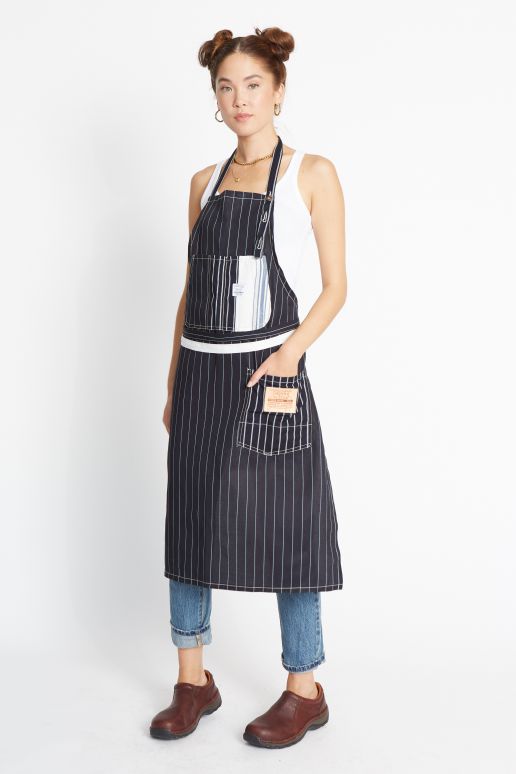
CIRCULART. The project CirculART is the result of cooperative work by 10 companies who are representatives of the sustainable textile production chain, from yarns to the final product and accessories. Four invited artists have metaphorically inserted themselves between the warp and weft of the life cycle of clothing to be an intersection point through which the public can observe the textile production processes, creating different attitudes towards the products we buy. The aim of the project is to bring artistic research to question the different processes constituting the textile production chain.
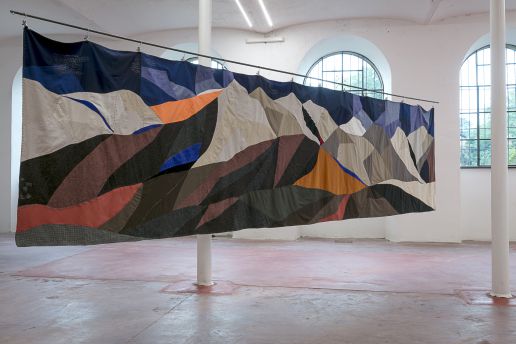
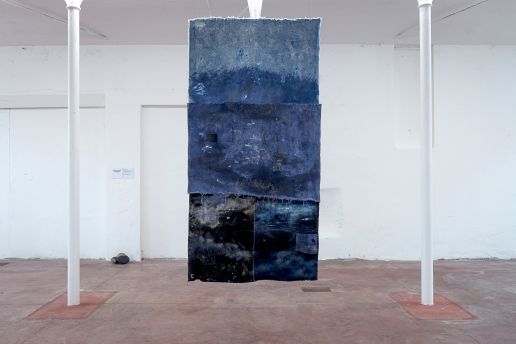
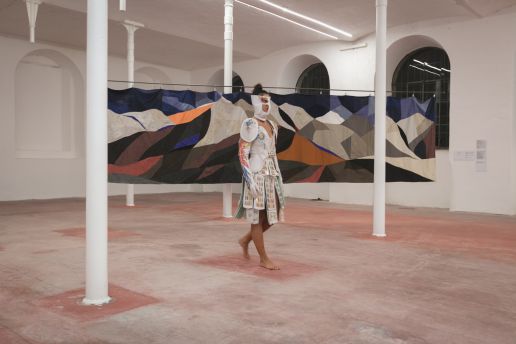
KG DENIM LIMITED, LYCRA, STYLERS INTERNATIONAL and BERTO are pursuing the goal of conserving natural resources and chemicals – through cotton free or post-consumer cotton collections (KG Denim Limited), a collection of EcoMade products which recycles waste for a more circular business (Lycra), a Wardrobe Essentials collection focusing on timeless pieces (Stylers) or the development of new indigo tones which uses far less water and chemicals (Berto).
The DENIM HOUSE has invested in a biological water treatment station to reach their goal of recycling more than 80% of the water usage by June 2020. The collection is influenced by the 90s comeback with straight cuts, comfortable and rough styles.
CALIK DENIM presents ‘Gravity’, a collection focused on taking a sustainable approach throughout the whole supply chain. By applying the ‘Denethic’ product concept and its new laundry technologies, it is possible to create targeted authentic looks, where clean look garments or heavy wash effects can be achieved using remarkable less water, chemicals and energy.
At LDM, eco practices and developing new techniques for denim production are in their DNA. To achieve the desired denim look, LDM uses either a wet process which uses simple enzymes to reduce water wastage or a new drying process which uses vegetable dye instead of chemical dyes.
After 11 years of research, TEJIDOS ROYO developed the Dry Indigo® technology, successfully changing the conventional Indigo dyeing process by eliminating water consumption. Dry Indigo® uses foam application, using no water in the process thus totally eliminating the discharge of wastewater, reducing energy usage by 65% and 89% of chemical products. Thanks to this innovation, the “One Million Liters” project has been launched: the company donates every year one million litres of water saved to social causes that need this resource to live like UNICEF. Rocio Perez de los Cobos, Marketing Director at Tejidos Royo, will give further insights into Dry Indigo® and the One Million Liters project in his keynote on Wednesday, 5th of February 2020, 3pm – 4pm.
SAAT X CANDIANI DENIM FOR BLUEZONE ECOISM
The hostess outfits for the new edition of BLUEZONE featuring ECOISM have been created by SAAT in cooperation with Candiani Denim. Consulting & Design Studio, SAAT, creates concepts and collections based on ‘NO WASTE PRODUCTS’ with a focus on reducing the amount of waste during production, emphasizing the value of each individual product. To underpin the ECOISM theme, SAAT created a ‘PURE’ workwear capsule collection in virgin ecru cotton together with Candiani Denim, known as the greenest textile company in the blue world.
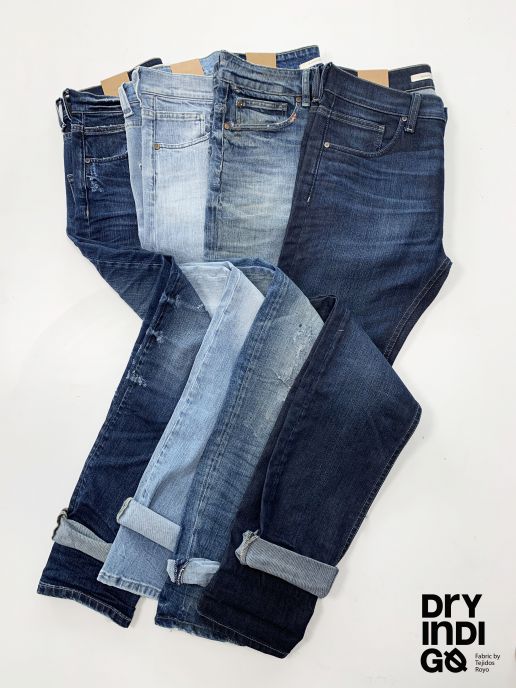
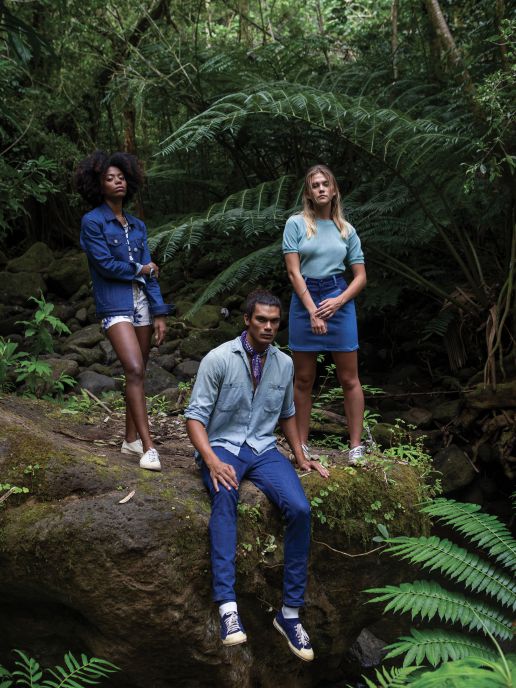

TALKS AND PANEL DISCUSSIONS
Panel discussion “The ultimate sustainable standard for the denim industry” – Tuesday, 4th Feb, 11.30am – 1pm
Eco Intelligent Growths, partner of C2C institute, and Rajby Industries will lead the discussion between five key denim insiders: Claudia Szerakowski, Aglaia Gomez d’Alessandro, Kursad, Zaki Saleemi, Tony Tonnaer and Panos Sofianos.
Rivet 50‘s 2020 Vision – Tue, 4th Feb, 3pm – 4pm
What will the new decade bring for the denim industry and community? Rivet 50 will lead a discussion between some of the world’s most influential denim characters – Alberto Candiani, Tricia Carey, Jordan Nodarse, Ebru Qzaydin, Mohsin Sajid, Andrea Venier, Tilmann Wröbel, Panos Sofianos, Paolo Gnutti & Angela Velasquez – to discuss their predictions for business, technology and fashion.
BLUEZONE trend direction by Tilmann Wröbel, Tue, 4th Feb, 4pm – 4.30pm & Wed, 5th Feb, 12pm – 1pm
Tilmann Wröbel, the founder of Monsieur-T, explains the 8 essential trend directions currently taking shape in the denim industry which will influence the upcoming seasons.
“Recreating fades the sustainable way” by Soorty – Tue, 4th Feb, 4.30pm – 5.15pm
Thomas Stege-Bojer, Wouter Munnichs and Eda Dikmen give insights into “Recreating fades the sustainable way at Soorty’s Nasda Lab”.
Panel Discussion about “Hemp history and challenges going forward for the denim industry” – Wed, 5th Feb, 11am – 12am
Mohsin Sajid, Founder of Denim History, hosts the panel discussion with the speakers Jean Pierre Inchauspe, Eric Sun and Rashid Iqbal.
Panel discussion about “RMG & the future of fashion” – Wed, 5th Feb, 1pm – 2pm
The discussion between the three industry insiders Rocio Perez de los Cobos, Chesi and Denise Sakuma revolves around the topic “How to find the right balance for an ecoist future”.
Keynote about “Breaking Bad: How the denim industry can end its wasteful habits—from fibre to marketing” – Wed, 5th Feb, 2pm – 3pm
Anne Oudard leads the keynote answering the questions how the fashion industry ended up generating a huge amount of waste and what solutions the denim industry possesses to reduce this waste. She explains strategies to increase jeans lifespan and the optimisation of the production chain.

